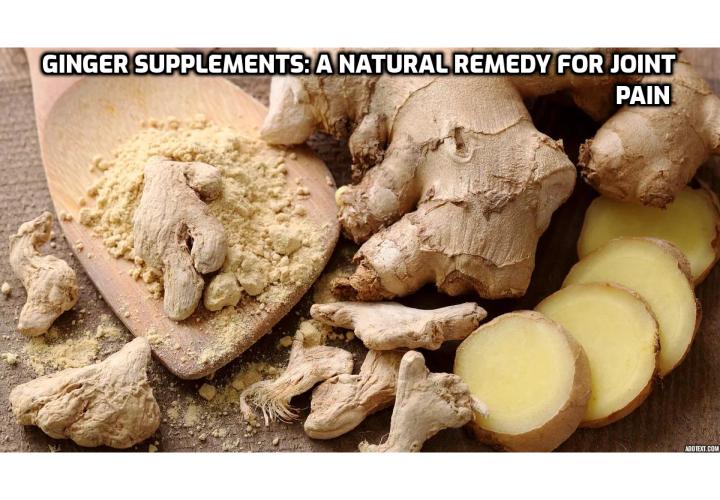
Click HERE to Discover the Secrets of Sleeping Better and Beating Stress
In today’s fast-paced world, maintaining optimal health and wellness can feel like solving a complex puzzle.
Amidst various vitamins, minerals, and supplements, one essential nutrient often overlooked is magnesium. Often referred to as the “miracle mineral,” magnesium plays a crucial role in numerous bodily functions, making it a vital component of your overall well-being.
1. Introduction to Magnesium
Minerals are the building blocks of a healthy body, and magnesium is no exception.
This essential mineral is involved in over 300 biochemical reactions in the body, ranging from energy production to muscle function and nerve signaling.
Despite its importance, many individuals fail to meet their daily magnesium requirements, leading to various health issues.
2. Signs of Magnesium Deficiency
Recognizing the signs of magnesium deficiency is crucial for addressing potential health concerns.
Common symptoms include muscle cramps, fatigue, irregular heartbeat, and mood swings. Certain factors, such as high stress levels, excessive alcohol consumption, and certain medical conditions, can increase the risk of magnesium deficiency.
3. Health Benefits of Magnesium
Ensuring an adequate intake of magnesium can offer a plethora of health benefits.
From improving sleep quality to reducing stress and anxiety, magnesium plays a multifaceted role in supporting overall wellness. Additionally, this mineral is known to support heart health, aid in muscle function and recovery, and regulate blood sugar levels, making it indispensable for maintaining a healthy lifestyle.
4. Food Sources of Magnesium
Fortunately, magnesium can be easily obtained through a balanced diet rich in nutrient-dense foods.
Dark leafy greens, nuts and seeds, whole grains, fish, and legumes are excellent sources of magnesium. Incorporating these foods into your daily meals can help ensure you meet your magnesium requirements naturally.
5. Supplements: Do You Need Them?
While obtaining magnesium from food sources is ideal, some individuals may benefit from supplementation, especially those with specific health conditions or dietary restrictions.
Various forms of magnesium supplements are available, including magnesium citrate, magnesium glycinate, and magnesium oxide. However, it’s essential to consult with a healthcare professional before starting any supplementation regimen to determine the appropriate dosage and form.
6. Magnesium and Wellness Practices
Incorporating magnesium into your daily wellness routine can be done in various ways. From taking magnesium supplements to indulging in magnesium-rich foods, there are numerous avenues to ensure you meet your daily requirements.
Additionally, complementary therapies such as massage, acupuncture, and yoga can enhance the effects of magnesium on overall well-being. Moreover, indulging in magnesium baths or using topical magnesium applications can provide targeted relief for sore muscles and promote relaxation.
7. My Story with Magnesium
For years, I struggled with constant fatigue and leg cramps that would wake me up at night. I tried various remedies, but nothing seemed to work. Then, I read about the benefits of magnesium and decided to give it a shot. Within a few weeks, I noticed a significant difference. My energy levels soared, the leg cramps became less frequent, and I even started sleeping more soundly.
Watch Sarah’s Transformation with Magnesium Breakthrough
8. Not Alone in My Experience:
This isn’t an isolated story. Many people have found success with magnesium supplementation. Sarah, a yoga instructor, credits magnesium with reducing her chronic muscle tension and improving her sleep quality. “I used to wake up feeling stiff and sore,” she says. “Since taking magnesium, I feel more flexible and wake up feeling refreshed.”
Watch this video – Magnesium: The Missing Piece in Your Wellness Puzzle
9. Conclusion
Magnesium serves as a vital component of your wellness puzzle, offering a myriad of health benefits and supporting various bodily functions.
From reducing stress and anxiety to promoting muscle recovery and heart health, ensuring an adequate intake of magnesium is essential for maintaining optimal well-being.
Whether through dietary sources or supplementation, prioritizing magnesium in your daily routine can pave the way for a healthier, more balanced life.
FAQs (Frequently-Asked Questions)
- How can I tell if I’m deficient in magnesium?
Pay attention to symptoms such as muscle cramps, fatigue, and irregular heartbeat. Consulting with a healthcare professional for testing can provide a definitive answer.
- Are there any side effects associated with magnesium supplementation?
In some cases, magnesium supplements may cause digestive issues such as diarrhea or stomach discomfort. It’s essential to start with a low dosage and gradually increase as tolerated.
- Can magnesium help with insomnia?
Yes, magnesium has been shown to improve sleep quality by promoting relaxation and regulating neurotransmitters involved in the sleep-wake cycle.
- Is it possible to overdose on magnesium?
While rare, it is possible to overdose on magnesium, especially when taken in supplement form. It’s crucial to follow recommended dosages and consult with a healthcare professional before starting any supplementation regimen.
- Can I obtain enough magnesium from food alone?
While it’s possible to meet your magnesium requirements through diet alone, supplementation may be necessary for individuals with specific health conditions or dietary restrictions.
Click HERE to Discover the Secrets of Sleeping Better and Beating Stress



